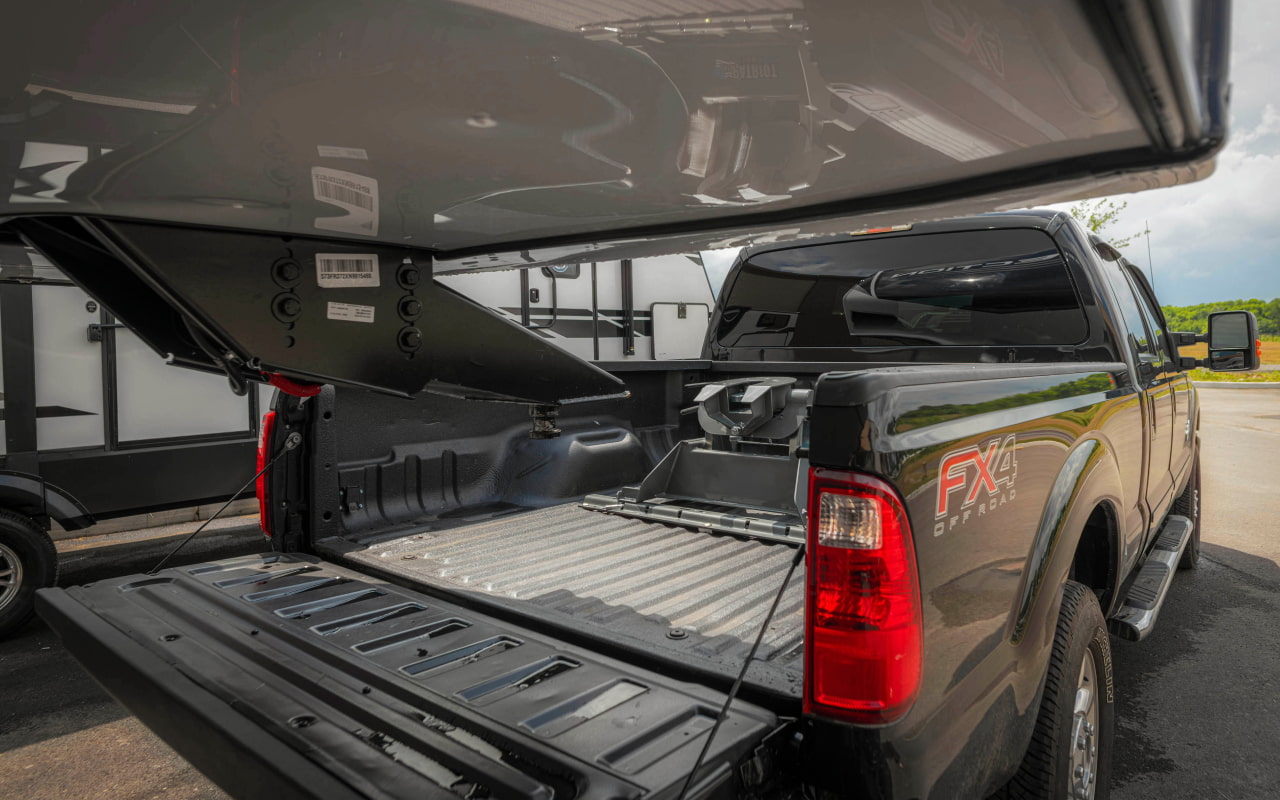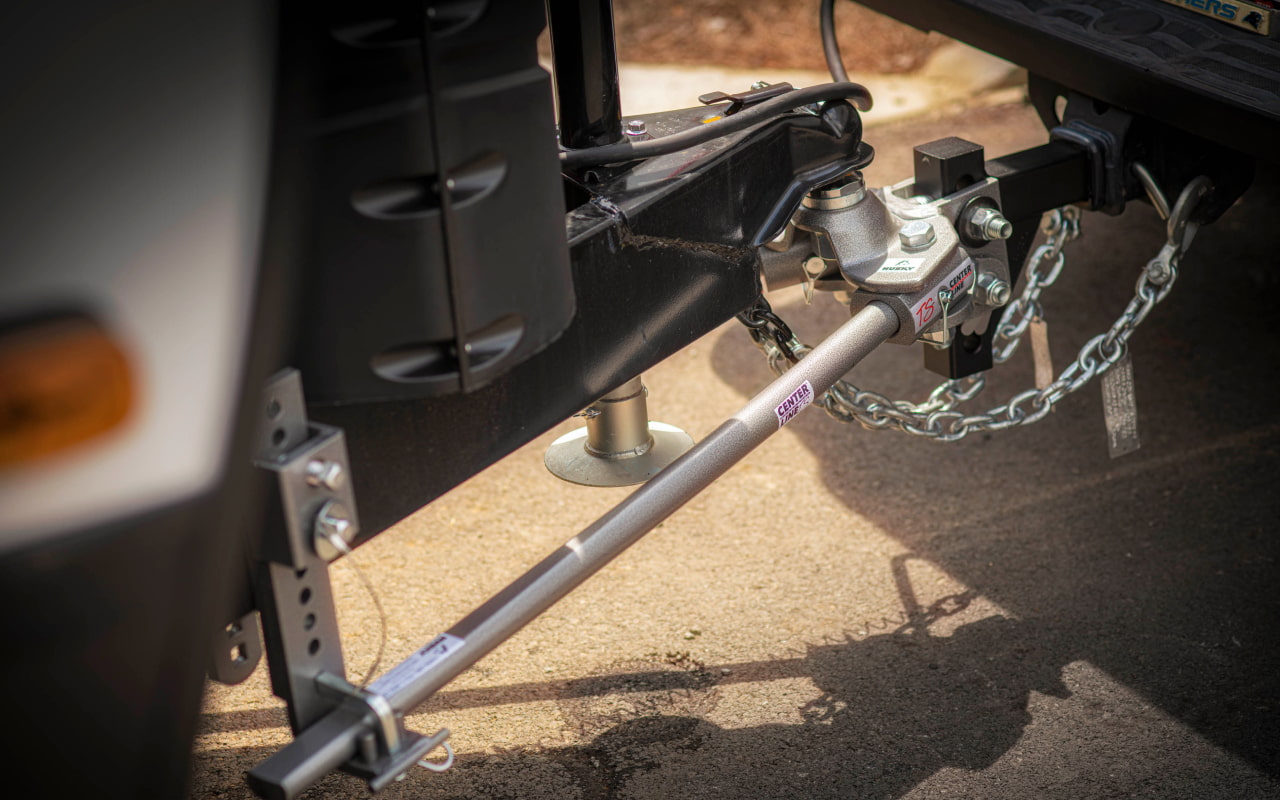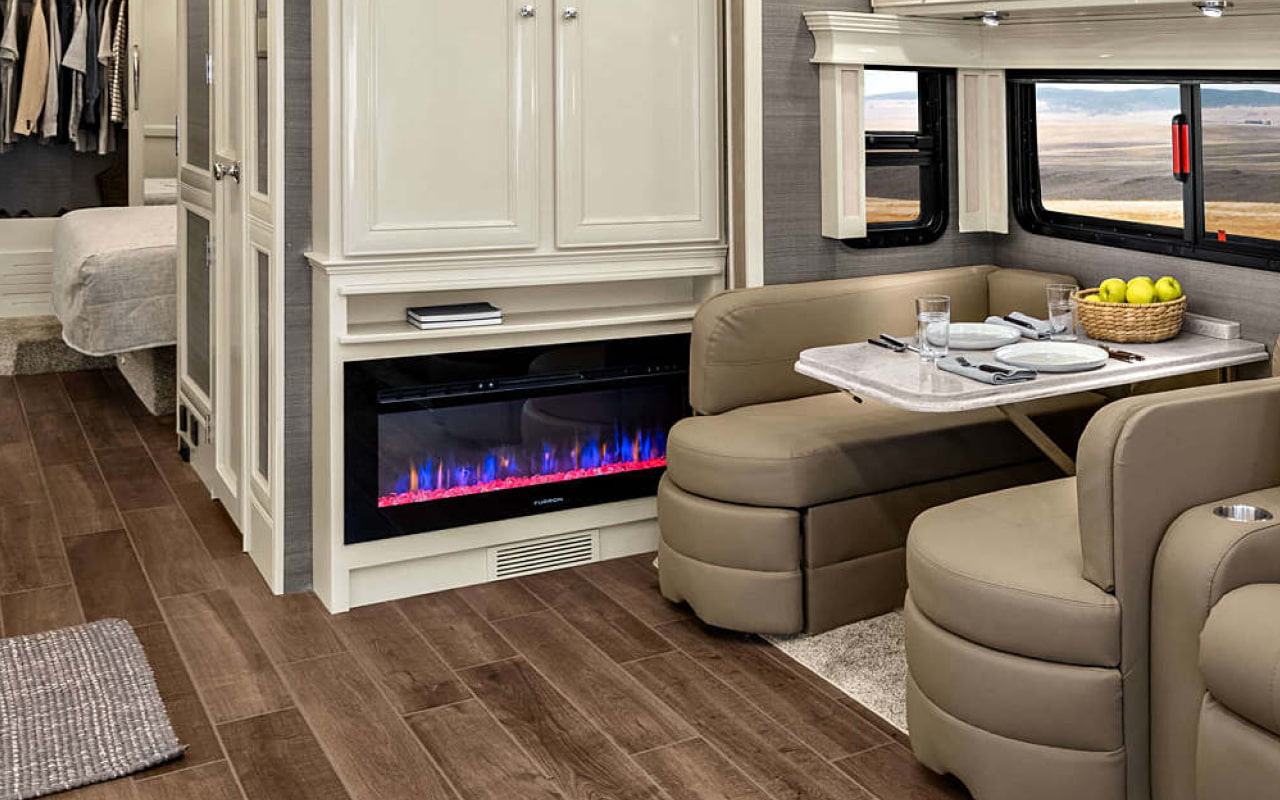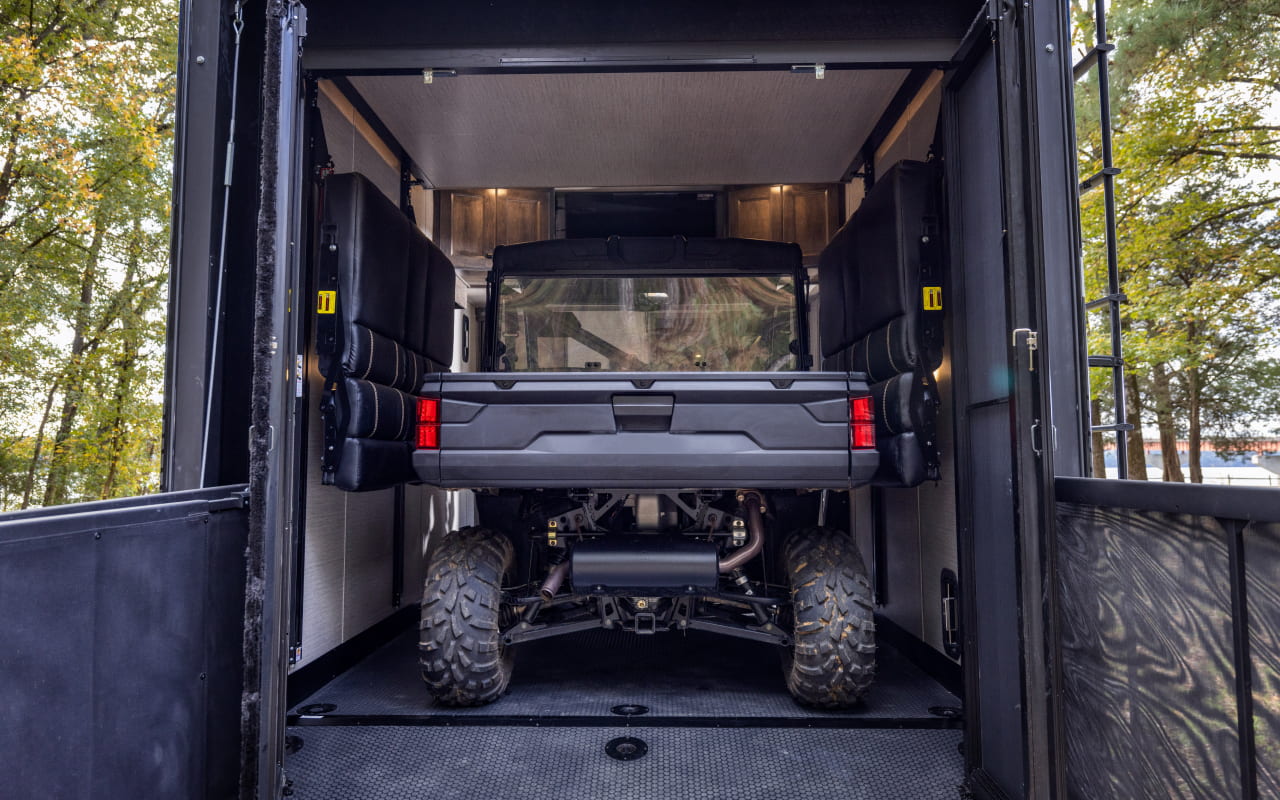
RVing is the best way to travel and enjoy all the comforts of home while on the road. While many RVs are great for boondocking, many happy campers choose to stay at RV campgrounds where there are available amenities that make things that much more comfortable. Many of today’s RV resorts and parks have hookups that you can plug into during your stay. These hookups can alleviate the need for using your RV generator, RV batteries, or holding tanks while camping at that location.
If you’re new to the world of camping or you’re driving a new RV with additional hookups you’d like to learn more about, we invite you to explore our RV Hookup Guide. Here, you can learn more about the electric, water, sewer, and additional RV hookup types. We’re also sharing guides on how to use these hookups while camping.
What are RV Hookups?
RV hookups are the optional connections offered at campgrounds where RVs can connect, or hookup, to existing electrical, water, or sewage systems. Many campgrounds offer full hookups or partial hookups that keep the amenities of RVs running.
RV Hookup Basics
Not every campsite will have RV hookups available, but most popular campgrounds do offer this amenity. RV hookups are connections or boxes you can plug into that provide water, electric, sewer, and other connections like cable. These boxes and spouts are usually located on the driver’s side of the RV so they’re close to where you’d plug things in on your rig. Most campgrounds with RV hookups offer this service as a part of the package price for camping there, but some may differ in their pricing structures.
RVers choose to use hookups when camping to make things that much easier. Rather than going through holding tanks, discharging the batteries, or running the generator, the available hookups make it easy to enjoy the RV’s features by just hooking things up to the provided amenities. While you’re not required to use the hookups of your campsite, doing so can make camping easier.
RV Hookup Types
Most campgrounds with available hookups offer a standard RV hookup, which generally includes water, electric, and sewage. While these are most commonly offered altogether, some campgrounds will offer just one or just a few of these common RV hookup types.
RV Electric Hookup
This is one of the most commonly found types of hookups that you will find at the majority of RV-specific campsites you visit. There is usually a box with plugs for various outputs including 20, 30, and 50 AMP.
To connect your RV to the electric hookup, power off the supply box. Then, plug your RV into the corresponding AMP plug. If the campsite doesn’t have your exact AMP needs, you’ll need a converter to safely plug into the electric hookup. Once you’re safely plugged in, turn the power supply box back on and you’re ready to go! When your RV is plugged into the eclectic hookup, it’s running on what is known as shore power.
RV Water Hookup
Connecting to the RV water hookup requires a few more tools. Your fresh water hose is the most important piece of connecting to the water hookup, but there are extra tools that can help make this connection as easy as possible for your rig. Many RVers also choose to use a water pressure regulator and water filter to keep things running smoothly.
Once you’re hooked up to the water, make sure to set your RV’s water system to City Water instead of the Water Tank. You should also turn off your water pump if you’re connected to the RV water hookup instead of your tanks.
RV Sewer Hookup
Some RV campgrounds use a centralized dump station instead of the full sewer hookup, but this can vary. Connecting to the sewer hookup is similar to connecting to a dump station, you’ll need to wear some gloves as you connect all the hoses. It’s recommended to only connect to the sewer hookup when you’re ready to empty your black and grey water tanks.
Cable and WiFi Hookups
Many campsites offer optional extras such as cable and WiFi. To use these full RV hookup amenities, you’ll need a wireless and wired approach. For connecting cable, you’ll need a coaxial cable just like the one you use for TV at home. WiFi is a popular RV internet option that is generally connected without cables, and the signal strength may vary depending on where you are throughout the campground.
Do RVs Need an Electric Hookup or Other Hookups?
No, in most cases RVs don’t need electric shore power or other hookups to run their features. RVs are designed to run in a camping setup without hookups by using batteries, generators, and holding tanks. These features make it possible to enjoy your RV’s amenities wherever your travels take you.
Still, many RVers choose to utilize the hookups provided at many campsites for greater ease and worry-free enjoyment of their RV’s amenities. For example, when you’re plugged into shore power, there’s no worry about your batteries or their charge status. Because RVs can still operate without hookups, some campsites may not offer full hookups. Contact our RV experts to learn more about your rig’s features and operational capabilities.



